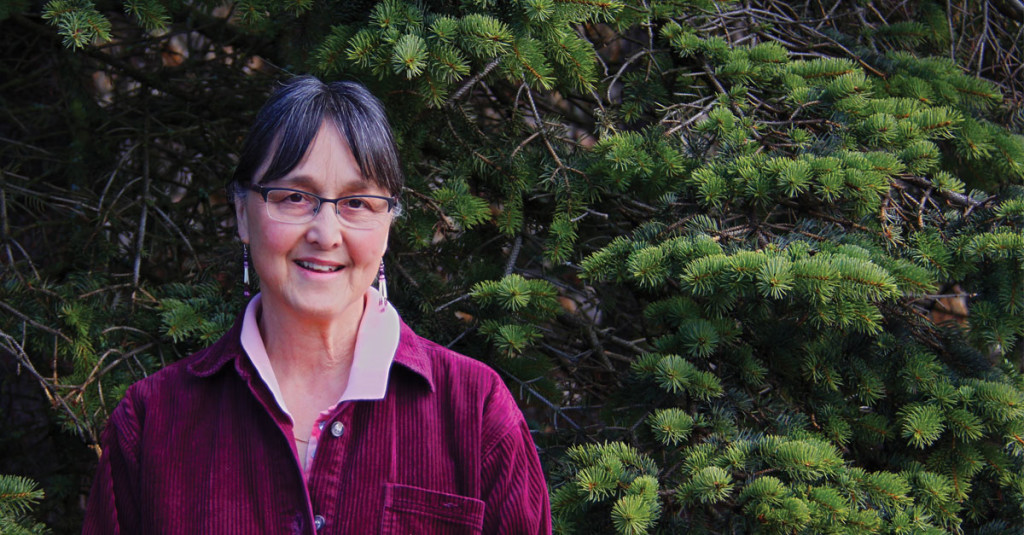 by Miriam Mezzetti
by Miriam Mezzetti
On March 24th, 1989, over 2 decades ago, the Exxon Valdez oil tanker famously struck a reef and spilled millions of gallons of crude oil into the pristine waters of Prince William Sound. The event made a lasting impression, not only upon the environment, but also upon the humans it impacted. Many people across Alaska felt the need to help their communities after the spill. After all, as Charlotte Bronte wrote in Jane Eyre, “It is in vain to say human beings ought to be satisfied with tranquillity: they must have action.” APU English Professor Mei Mei Evans, Ph.D., was one of the people who took action, and she is still taking action to this day by bringing awareness to the social, ethical, and environmental impacts of the spill.
Professor Evans lived in Homer at the time, and, when the spill first happened, she never imagined that it would reach her. When she observed how great an impact the spill had on her community, however, she felt called to be involved. She started out by helping as a public information officer, but felt limited in her ability to help by the job protocol, so she worked with the Alaska Conservation Society and assisted in the successful passage of the Oil Protection Act.
Despite her own actions, and those of many Alaskans to help restore their community, Professor Evans laments many aspects about the way the oil spill and its environmental and social impact was handled. She feels that the official narrative that, “no lives were lost” was greatly misleading, not only because many animal lives were lost, but also because many humans lost their livelihoods. Also, she explains, research by scientist Riki Ott shows that although no human lives were lost in the immediate effect of the spill, many cleanup workers developed respiratory ailments that led to death, due to a lack of protective gear.
Professor Evans is taking action to ensure that Alaskans, and the whole world, are informed about the oil spill, so that tragedies like it are less likely to occur and more likely to be handled better. She spent 20 years working on her fictional novel about the effects of the oil spill in the community: Oil and Water. The reason why she chose to write a fictional work, Evans notes, is that fiction is, “more concerned with truth than with fact.” She also collaborated with two other authors to write a book about environmental justice.
Through her writing, as well as her speaking engagements and classes, Professor Evans is raising awareness about the importance of environmental ethics.
 by Miriam Mezzetti
by Miriam Mezzetti 